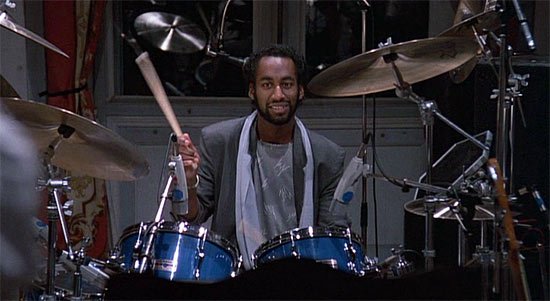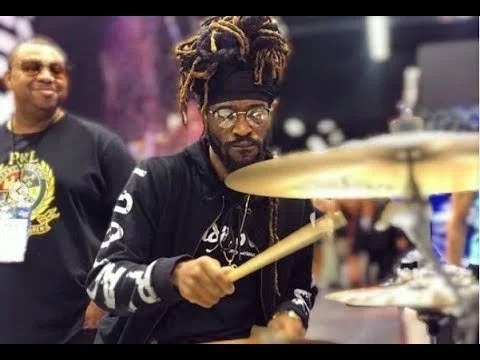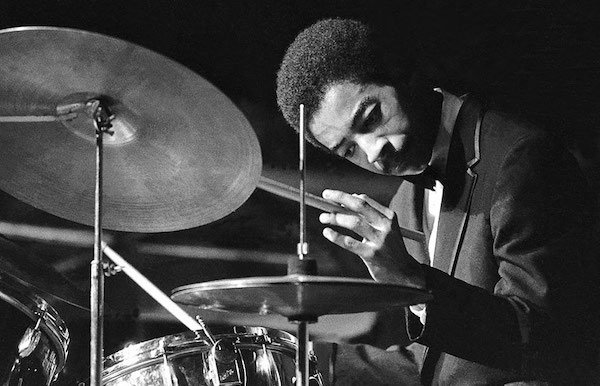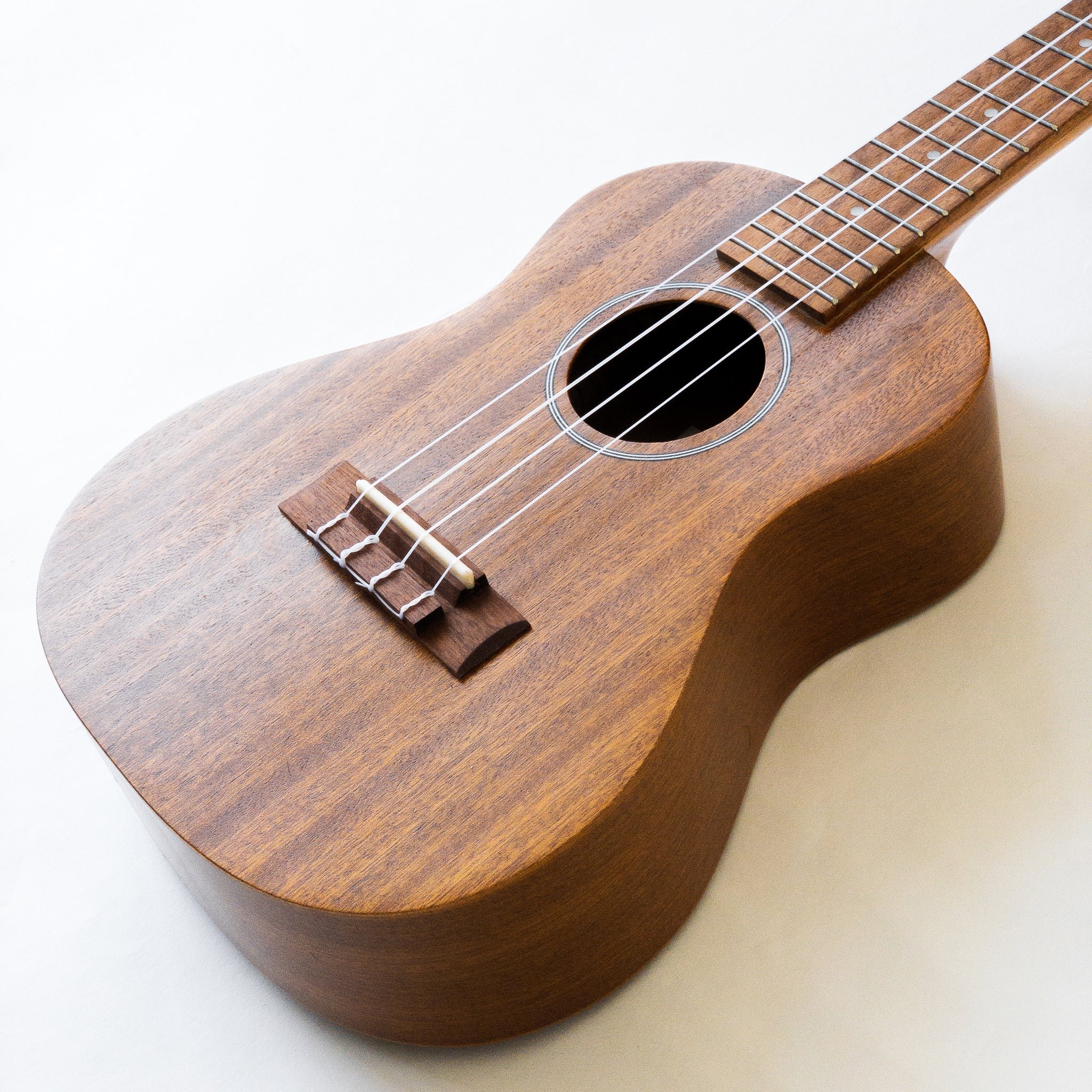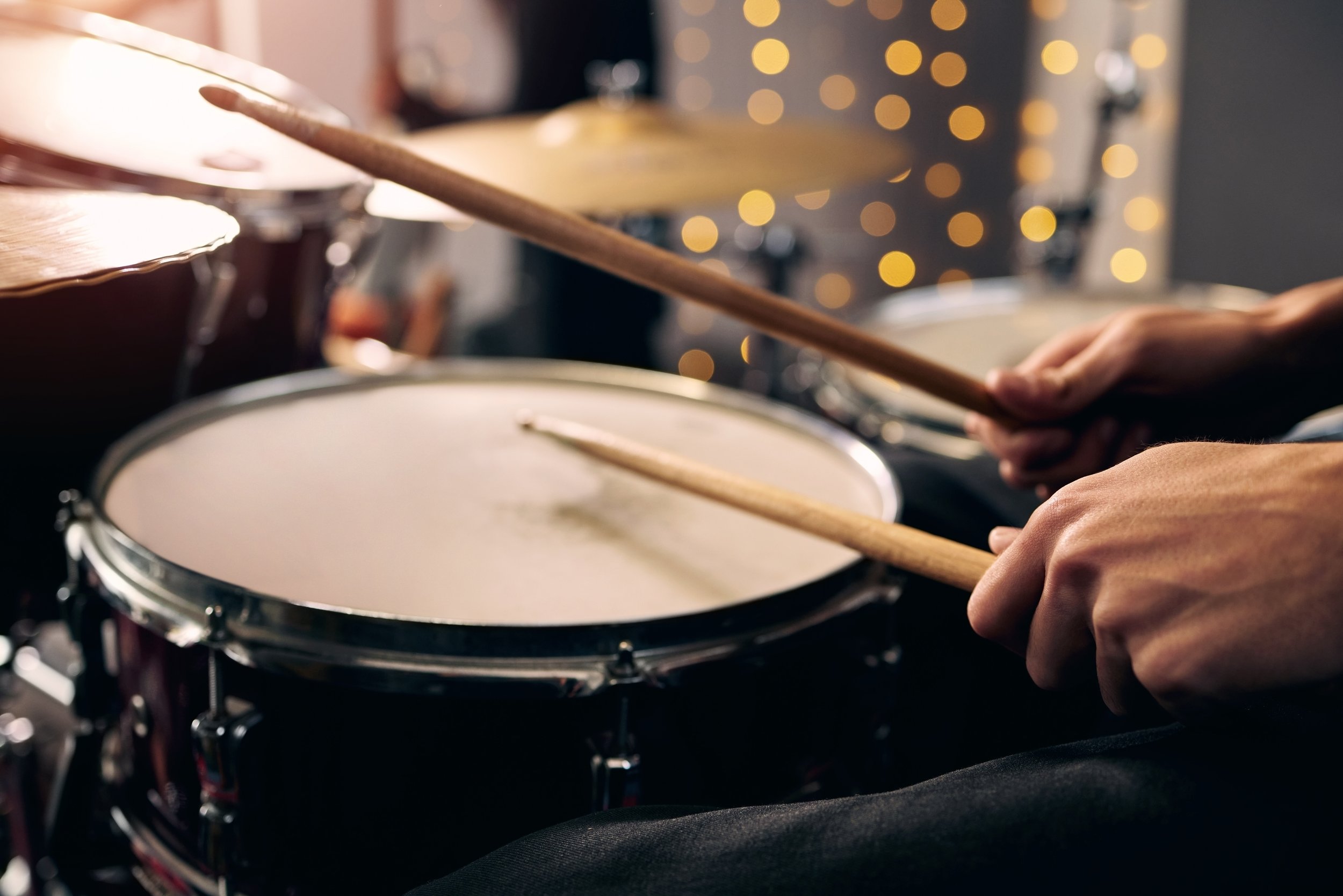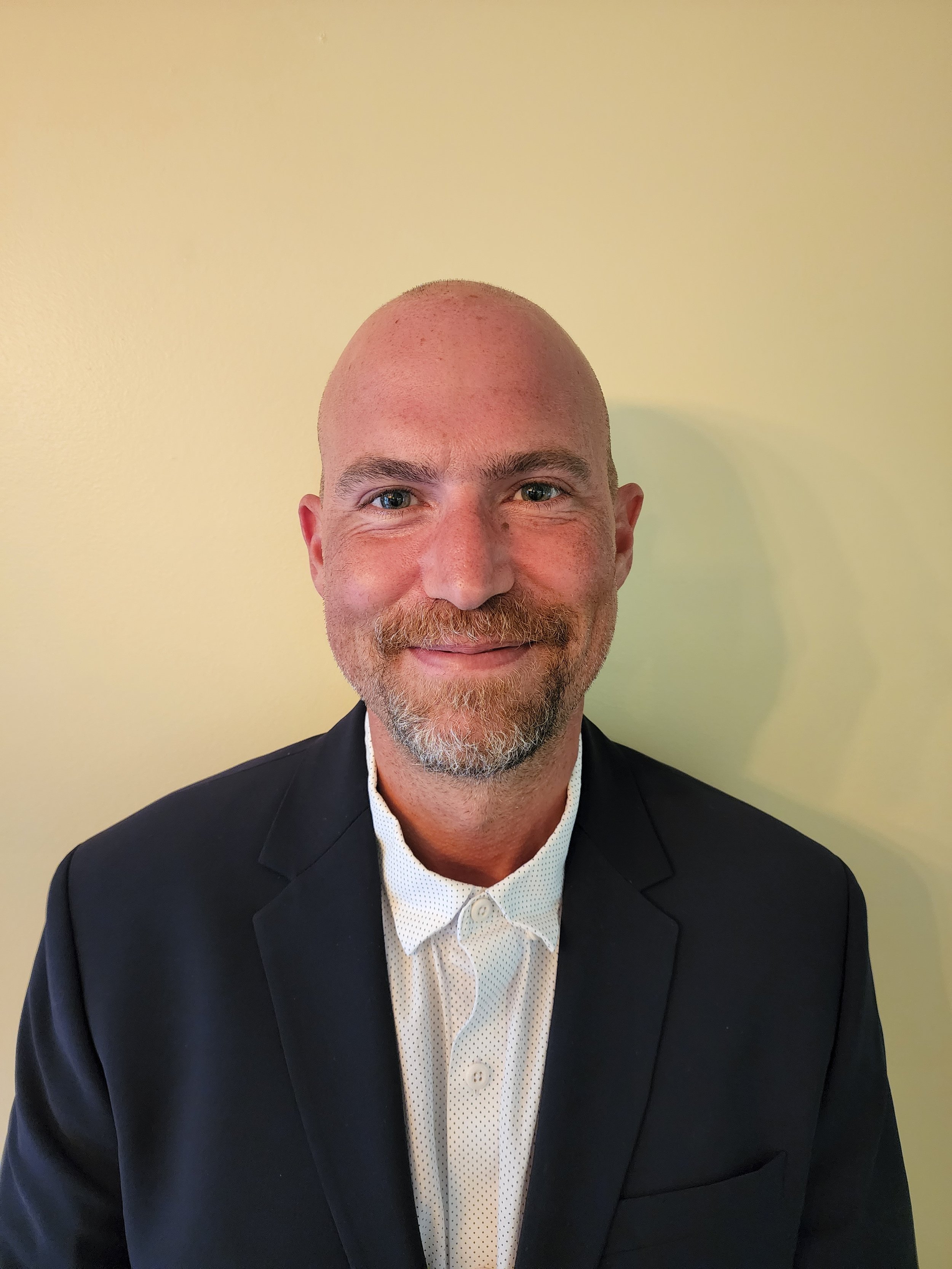Change The Trajectory of Your Playing in Six Months
I'm Looking for 2-3 Drummers Who Want a "Virtual College Semester" Experience, With Me As Your Guide, To Save You YEARS Becoming The Drummer of Your Dreams
slots are still available
Just click below to start your no-commitment application.
look Inside a real student curriculum
Here’s what it looks like to work with me.
Watch a real student’s progress
Watch one of my “semester one” jazz students and compare his playing in week 1 to weeks 17 and 22.
What does it mean to become “the player of your dreams”
It sounds like an abstraction.
Here’s how I think about it:
Omar burning for Sting, and the rest of us.
There was a time in my development when most of the good drummers I watched, either in person or on video, seemed “magic”.
There was Omar Hakim on I Burn For You from Sting’s Bring on The Night movie.
There was Dennis Chambers in Serious Moves and In The Pocket, and on John Scofield’s and John McLaughlin’s records.
Later, of course, there were jazz drummers, like Eric Harland, Kendrick Scott, and Marcus Gilmore, and my early “internet muses”, like Tony Royster, Pridgen, Nick Smith, Garstka, et al.
If you know my story, you know I was obsessed with playing like these players
What you may not know is that every day, on the hour-long commute to my “original” practice studio, under the now-defunct Roebling Tea House in Williamsburg (#IYKYK)…
…I had a growing youtube playlist of these players. I’d listen to it on the drive, to get myself in the “headspace”, so I’d be fired up to practice.
First it was the super-famous ones, like Royster, Dennis, and Vinnie.
But players being “magic” had nothing to do with their being famous. (This will be important later.)
Because gradually, it started to include a different type of player. The “unknown magic person”.
I was in the audience for this
At around the time Instagram was starting to get big, everybody realized something at once:
There were a whole lot of amazing drummers nobody had ever heard of.
And the discovery of these players - people like Andy Prado, Sean Wright, Justin Tyson, and Louis Cole (before they too became famous), drove something home:
These drummers don’t appear “magic” just because they’re famous. There’s something about the way they play.
And you know what I mean if you watch drummers on Youtube or Instagram: there’s an endless supply of new ones.
what do I mean by magic?
As I was shedding every day, I had my sights set on “that thing” that all these drummers had.
And it’s easy to explain:
They were doing things my brain simply couldn’t process or explain.
We’ve all seen it in multiple disciplines. Circ de Soleil. Parkour athletes. Gymnasts. We’re watching, thinking “this looks impossible, but this person is doing it.”
And it was the same with these drummers. It appeared that there were normal, “mortal” drum abilities, then there was a discontinuity in the space-time continuum, then, on the other side of a wormhole, there was what these folks were doing.
For an even more vivid example, just think about Tony Williams.
His single strokes. (Which Vinnie later reproduced on songs like Sting’s Mercury Falling.)
And, of course, his ride cymbal.
I’d watch these drummers, and what they did seemed impossible - “magic”.
Until one day it didn’t.
first it was jazz drumming
If I think back, it was my second year in grad school when I could finally play the ride cymbal halfway decently (though nothing like how I can play it now)…
…and suddenly I was on the “far side” of something that had seemed impossible, or like magic.
then it was some of the “berklee chops” videos
Beginning around 2021, I’d rewatch some videos from my “impossible” playlist, and they didn’t seem impossible anymore.
At first, they looked like a much-cleaner, “sped-up” version of what I was starting to be able to do.
Then, a series of things “clicked” in 2021 and 2022. It was like some training wheels were removed, and a lot of latent ability that had probably been lurking behind a “log jam”, finally had enough escape velocity to “break free”, and I started to “chop”.
Then, there were things that still seemed mysterious, but the bar moved upward, gradually.
I’ve been talking a LOT about chops so far, so I want to pause and emphasize something:
I am NOT saying I only cared about chops, nor that chops were the only conduit for this “seeming impossible to being able to understand” pipeline.
Around the same time, I was having similar revelations about time, pocket, flow states, and plenty of other things. But I use chops to illustrate because it’s such a concrete example. Like looking at your muscles in the mirror. Maybe you care more about your cardiovascular endurance as you go to the gym, but you can see muscles in the mirror and in photos.
Remember how we started out this whole thing?
We were asking “what does it mean to be the player of your dreams”.
And I’m proposing that this is what it means.
It’s not being the best player on Earth.
It’s not even being the best drummer you can be, because that’s a lifelong journey.
It’s getting to a place where your drum heroes don’t all appear “magic”, even if they still amaze you.
(And where, almost by definition, some of what you do starts to seem like magic to other people.)
Maybe you’ve watched Tony Williams, or Vinnie, or Dennis, or Steve Gadd, or Jeff Porcaro, or any of the modern players…
…and they seemed magic.
But what if you could achieve a level in your playing where you could look at those guys and think “I may not be able to do it, but I understand the language they’re speaking.”
Where you’re on a continuum with your heroes, and you can produce your own “magic”.
I spent a lot of time and ink getting us here, because I now want to pivot to a very specific question:
If you could achieve that, what would that mean to you?
I’ll tell you what it means to me.
In one very narrow aspect of my life, even as I remain clueless and hopeless at countless other things, I feel like the beginnings of an “expert”. Like I have creative space to explore my own voice, and the words to express myself.
And like I’m part of a larger community.
For you, maybe that means knowing you can sit in with any group of musicians and play with confidence, even if they’re “names”, or total beginners. (The latter can be one of the biggest challenges in music.)
Or maybe it means more gigs.
Or bigger things for your band.
Or just the joy you get from feeling more “fluent” when you play.
and if you’re reading this, you’re one of the few drummers who already know it’s possible
Many people would write it off to talent, or say “I’ll never have that.” I personally believe talent is very important at the very beginning of a musical journey…
…to separate out the people who are willing to put in all the time you’ve already dedicated…
…and at the very end, to separate the “top 3%” of drummers from the “top one-tenth-of-one-percent”.
And most drummers I speak to say they’d be happy if they could just play as well as I do. Which, I’ll tell you, if you’ve already been practicing and playing for a few years, it’s almost certainly not talent you’re missing.
For more than a decade, I was the person saying “I could never do that”. Then, one day, I could.
And by this point, I’ve even seen it from my students.
Like Jonah.
For “data” there’s Anders Ericsson’s famous study Gladwell wrote about in Outliers, in which no conservatory student in his study group who practiced 10,000 hours failed to be considered “elite” at the conservatory.
But I’m willing to bet if you’re here reading this, you already know it’s possible. You just need the right trajectory.
that’s why I’m introducing 8020 one-on-one intensive coaching
From the time you start playing the drums, it can be 15-20 years before you sound like “the player of your dreams”, by our definition.
But by the time they find me, for many drummers it’s more like 3-7.
That’s good, because they’ve already got a lot of experience under their belt.
But those 3-7 years are also the hardest.
You’re good enough to know how high the levels go, but you can’t play up to the level of your taste, which means constant wrestling with doubt and hating your own playing
You’ve gotten most of the “easy”/”obvious” stuff out of the way, and most of the “newbie gains” are behind you
Most existing instruction doesn’t address the subtleties from which you can wring those last, hard-won miles of progress
My aim with this program is to set you up so it’s way closer to 3 years than 7.
It won’t be instantaneous. And if you’re reading this instead of some other drummer’s product page, you already know that.
There’s no “magic bullet”.
But it’s just as foolish to say all practice routines are created equal.
You wouldn’t, for instance, practice ukulele to get better at drums. If you acknowledge that, you acknowledge there’s a spectrum of relevance for practice material, and now we’re just quibbling about the details.
(For a more concrete example, George Lawrence Stone’s Stick Control is a great book, and a great genesis of improvisation ideas, but many drummers tell me they’re still practicing Stick Control every day, and not practicing improvising with the ideas at all.
It’s almost obvious on its face that if you want to get better at improvisation, you should practice improvisation.)
Here are some more general principles.
The difference between 3 years and 7
The primary things that set you up to save time becoming the player of your dreams are:
Focus - you need to work on something long enough to ingrain it deeply
Relevancy - you need to work on the right things, in the right order
Consistency - putting in at least 5 hours a week
And some drummers can do it on their own.
They’re ultra-disciplined, so they make a practice routine and stick with it. (But even they would probably like to ask someone who’s already been down the road a little farther how long to stick with an exercise, or what it should “feel like”, or if this is difficult for everyone or just me.)
But life makes that difficult.
You have work commitments, family commitments. You don’t want the full responsibility of motivating yourself, curating your practice, psyching yourself up when you have imposter syndrome, doing your own research when you’re not sure where to go.
I don’t have to say much more, because you can probably imagine how much time gets wasted on all of the above.
But that’s not even the number one reason that number of years starts to creep up…
…from 3, to 5, to 7, to approaching never.
The number one reason drummers waste time reaching the level of their dreams is that third bullet. Consistency.
You could strip out all the other benefits I provide in this program:
Curation
Advice
Feedback on your playing
When you really need to drive it home, trust Shuitterstock
…and you’d probably still reach your goals eventually (though probably more slowly), as long as you had the motivation, day after day, after a long day at work, to say “no” to Netflix and chill, at least for 45 minutes…
…and make that long walk down to the basement, and say “hi” to the drums.
Even when it’s scary. Even when you’re going through a period when you hate your own playing.
But, and I say this delicately, because all those competing priorities are important too…
how well has that been working lately?
But that’s where I come in! Because this can be a positive story.
And the good news is with just a little gentle encouragement, it’s amazing what students can achieve.
If you’re wondering what a typical coaching session looks like, listen to this interaction with my student Erik from a recent coaching call:
It’s been amazing to see my students succeed, and a big part of that success is the accountability that a coach can provide.
Let’s hear from 2 more of them.
But of course, in the 8020 intensive coaching, you get way more than just accountability.
Here are all the ways I’ll help you succeed.
why the 1:1 coaching intensive is so powerful
In working with my students, there are 3 key levers we use to get results:
Curriculum: over the past decade, I’ve made a science out of finding the few inputs that create the greatest outputs, and in so-doing, I’ve arrived at 3 key principles of what make great drummers great.
Timing, “Cleanliness” (or playing exactly what you mean to play), and Flow.
In the Coaching Intensive, we’ll be drawing from these principles and material that’s been proven to work for over 1,000 students. But, unlike any other program, it will be customized to you.
That means I’ll make an assessment of your abilities, compare it against your goals, and architect a path to get you from A to B in six months.
Feedback: part of changing course and making a step-change in your playing will involve venturing outside your comfort zone. And in so-doing, you’ll lose a lot of your reference points for “how it’s supposed to feel”, and “is this good progress”. That’s where the recorded feedback comes in.
Every week, you’ll submit video homework to me based on the material we’re working through, and I’ll send you direct feedback using a software called Loom, which lets me play the video and audio at the same time as commenting on it. So you can listen to your own video, with my feedback interspersed.
I’ll let you know what’s improved, any adjustments to make, and give you a “sounding board” for any questions you have as a result of venturing beyond your comfort zone.
Live Interactions: we’ll also hop on live one-on-one four-times-a-month. These sessions are useful for specific questions about the material, and setting and adjusting our direction. But as you saw with Erik’s example, these sessions are also where we give support, remind each other what we love about the drums, and get just a bit of gentle accountability, so you can power through the “resistance” when you need 10% more discipline to sit down at the drums after a long day.
But that’s not all…
Because in the group coaching program, one of the most rewarding and cathartic parts of the program is the group interaction.
Students share about their challenges with drumming, struggles and successes gigging, their favorite drummers, shows they’ve been do, videos they’ve discovered, and more.
That’s why I’ve decided to retain the key features of the group program in addition to all the 1:1 interaction. You’ll get:
A private slack group, where you can interact with your fellow students.
Four group “office hours” calls per month, where you can bring questions, or just come and hang and talk drums, and get motivation.
(express) virtual music college?
That’s why I like to think of the Coaching Intensive much more like a “virtual semester of music school” than either a course or private lessons. To borrow a phrase from a colleague, I want it to feel like a graduate level program…
…but instead of 15-20 hours per week, this is designed to work in only 5-7.
Because I'll be doing all the grunt work making sure you're pointed in the right direction, making course corrections, and providing morale boosts, you can do this program as long as you have 5-7 hours per week to practice.
Shutterstock to the rescue once again
If you're wondering what we'll cover…
...a lot of that is going to depend on YOU.
If you're a fit, and you join the program, first you'll submit some videos of yourself playing, then we'll talk about your goals.
Where my value as a coach comes in, is I'll look at your playing, see the gap between that and your goals, and put it through the old brain computer.
...and architect a program to get you from here to there.
Imagine a custom curriculum mapping the path from where you are to your goals in just 6 months.
Imagine hopping on live with me 4 times-a-month, and getting personalized feedback on your playing, all based on the 80/20 principles.
Imagine having a small group of your fellow students in a private group, to support each other, and 4 live group calls every month to troubleshoot, spill about our struggles and triumphs, and keep each other in the game.
Do you feel like that could change the trajectory of your playing and put you on a path to be the player you dream about in a much shorter time?
If you answered “yes” in your head, there’s probably something you’re still wondering about.
What’s the investment?
The answer is, that will depend on your situation, and our admissions reps will help you assess what's the best option, after learning whether your situation and goals are a fit.
But I want to set expectations.
Since last year, 3 enrollments worth of drummers have invested over $2000 to join the group coaching, which is structured to be 12 weeks long, has a set curriculum (which I think is excellent), and has, well - group workshops.
The 1:1 Coaching Intensive is more valuable in at least 3 facets:
It has 1:1 workshops in addition to the group ones, which will customize your coaching, and is a much larger time commitment from me
It has a customized curriculum that's individual to each drummer, which will get you the fastest results, and adapts and changes with you, and, you guessed it, takes much more of my time to create and manage
And it's 6 months of curriculum
Tuition for just a semester at my old music college costs $25,000, not including room and board.
One of my excellent drum colleagues charges $13,000 for the top tier of coaching with him.
This program is more affordable than either of those.
And hey - it’s not a fit for every drummer.
But I’ve spent months shopping around, talking to drummers, and comparing options, in order to be confident that, for the right drummer, this is the best deal out there for what it includes, and what it helps you to accomplish.
how do I apply?
Seth, 8020 admissions rep
Because we only have 3-4 slots available for this program every six months…
…and it’s for such a specific drummer, we have an application process.
We want to make sure your goals fit what we do in the program, you’re at the optimal level to get the most out of it, and quite frankly that you’re somebody we’re going to enjoy spending potentially 2 hours with every week.
You probably want to “vet” us and sound us out as well.
That’s why we have a “mutual application process”: we evaluate each other, and there’s zero pressure or commitment on either side to move forward until we’ve made a mutual decision.
That process starts by booking a 20-30 call at a time that works for you, and answering a few questions.
Sal, 8020 admissions rep
You’ll automatically be assigned to one of our admissions reps - Seth and Sal - depending on who’s available when you want to speak.
There is zero commitment to join, and we will NOT hard-sell you at any point in this process, for the very simple reason that we only want to give our limited slots to people who really want to be there.
Seth or Sal will ask you a few questions, tell you more about the program, and let you know about the investment options
You’ll make a mutual no-pressure decision about whether it’s a good fit to move forward
If it’s a “go” on both sides, your admissions rep will schedule a short call with me, and we’ll make the final admissions decision.
imagine yourself in this program
Your very own, custom curriculum, based on the 8020 principles that have helped me and thousands of students succeed in the past decade, and continuous "case management" for six months.
Four 1:1 coaching sessions every month with me, where we'll check in about your progress, give you coaching cues, work through mental and physical barriers, and adjust course if needed.
Weekly group live calls, where you can hang out, vibe, and share stories with your fellow students.
And individual feedback on your playing.
All of it for six months.
Do you feel like you could succeed in blasting past your blockers with a program like this?
If you're ready to find out more detail and see if you're a fit, just click the button below to start your application by booking a call with Sal or Seth.
slots are still available
Click below to start your no-commitment application.

